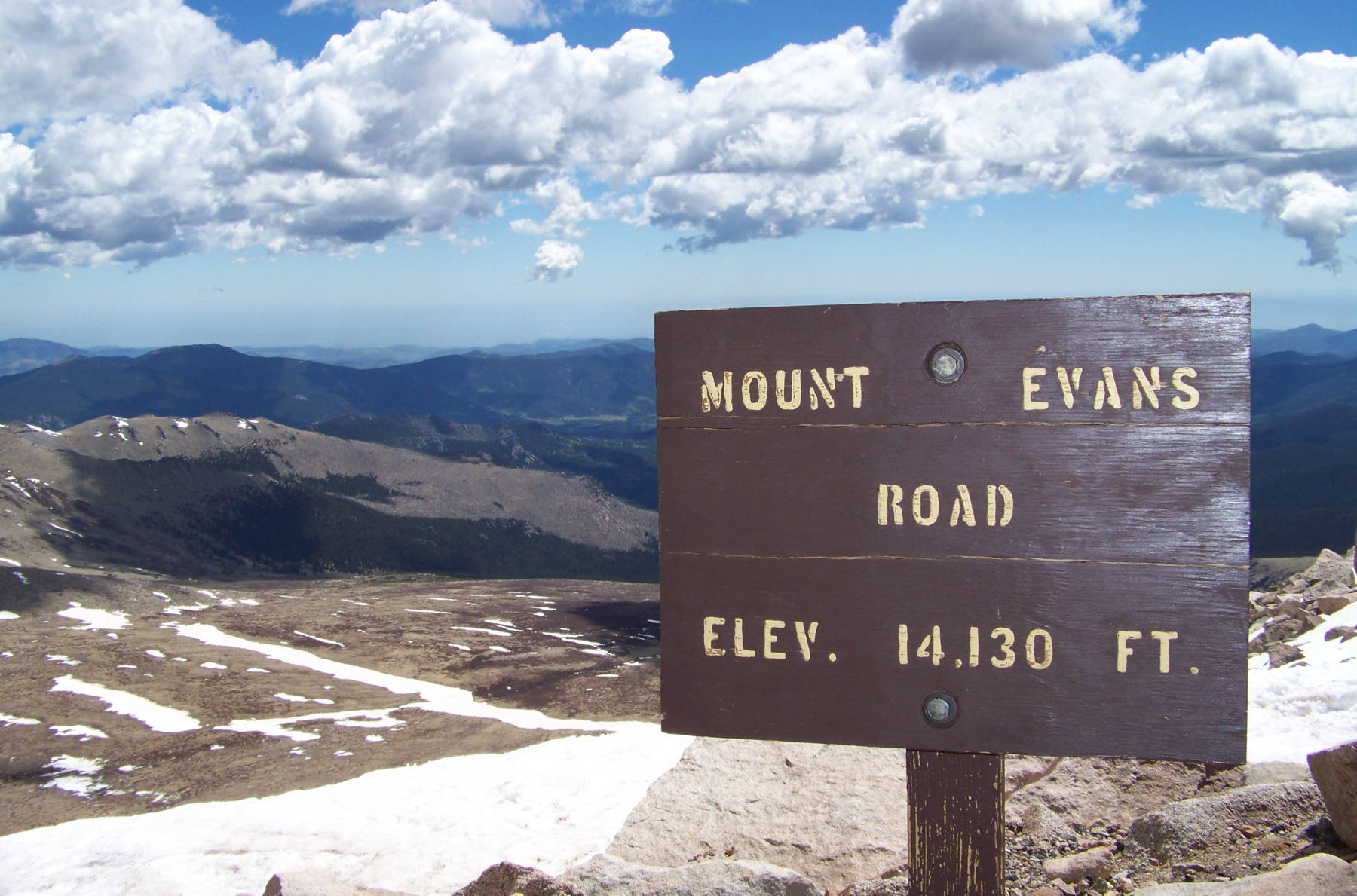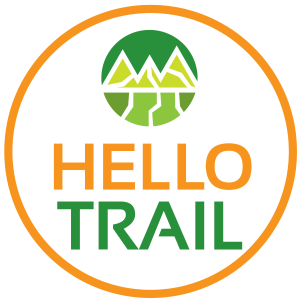If you don’t live in places like Colorado or other higher elevation areas, you need to prepare for high altitude hiking to not only be safe, but to have an enjoyable experience.
The peaks in these locations are big – with many towering above 14,000 feet – and the elevation gains for each trail you take on are another factor entirely.
Trust me, I have lived in Colorado – multiple times, Utah, and have visited many other mountainous regions, so I can assure you the struggle is real even if you live at 5,280 feet!

5 Tips for Hiking at Altitude
Hiking at altitude can be uncomfortable and dangerous if you don’t prepare yourself and acclimate properly. Here are five tips to help you breathe easier:
- Understand high altitude hiking: All routes above 8,000 feet are considered high altitude hikes. The town of Telluride is situated at 8750 feet – so this includes all the hikes. 8,000 feet is the height your body begins to be affected by reduced air pressure, which means less oxygen to breathe.
- Altitude sickness is a real thing: Learning to identify someone suffering from altitude sickness is essential before setting out on an excursion. Acute Mountain Sickness (AMS) is the mildest form of altitude sickness and feels similar to a hangover, including tiredness, nausea, and a headache. If someone is suffering from these symptoms, it’s necessary to get them back down to a lower elevation.
- Acclimate and ascend gradually: An easy way to avoid coming down with altitude sickness is to take your time gaining elevation. If you plan on attempting to summit a very high peak, spend time hiking mountains at lower altitudes before attempting to summit something very high.
- Be as fit as you can: While this isn’t a sure way to avoid getting altitude sickness, it helps. Do training hikes with a weighted pack at lower elevations. Perform regular cardio, including running and climbing stairs.
- Drink plenty of water: It’s essential to stay hydrated while you’re hiking and even more so while you’re hiking at elevation. Avoid alcohol, as this will only dehydrate you. Eating a healthy diet is also helpful, especially one loaded with carbohydrates (carb lovers, rejoice!)
As with any outdoor adventure, the more prepared you are the better experience you will have. High altitude hiking up steep terrain is no different. So take these tips seriously and the only thing leaving you breathless on your next trip to high mountains will be the views!
If you are looking for some inspirational hikes at high altitude, check out the best trails in these four areas…
